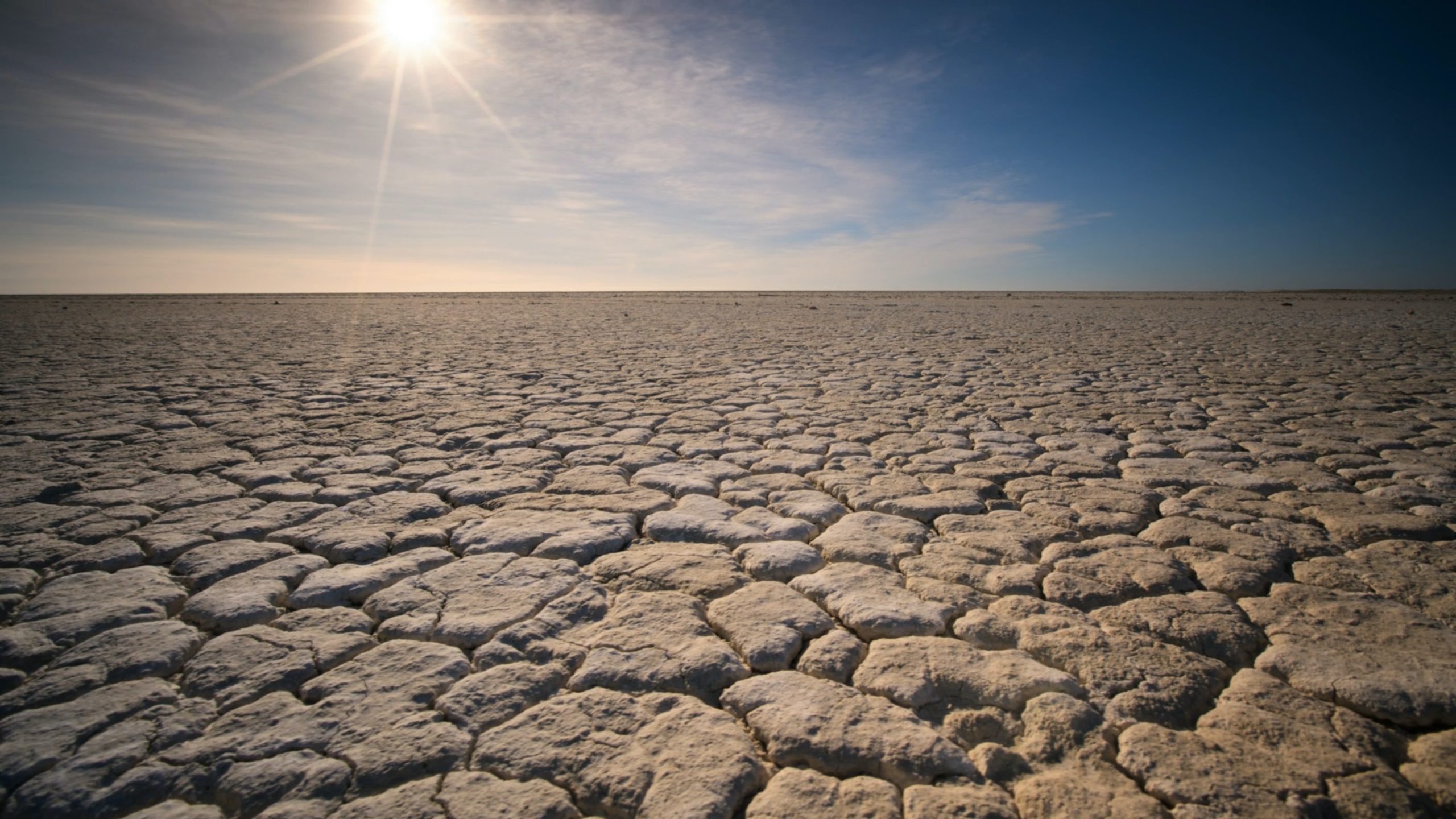If you’ve been keeping up with international news, you’ve likely seen that many European countries have been hit with a brutal heatwave, leading to deaths, illness, and structural damage.
First we should understand what a heatwave really is. Heatwaves happen when a high-pressure system stops moving and remains over a region for a significant time. Air in the atmosphere sinking and heating can be intensified by the ground also heating the air, which leads to unusually high temperatures. These high-pressure systems are usually a part of a type of wave in the atmosphere called a Rossby wave which are the main drivers of weather outside of the tropics. When a Rossby wave becomes too big it overturns and breaks, causing them to become stationary and can lead to a heatwave. Climate change is undoubtedly increasing the planet’s surface temperature which can contribute to a heatwave but scientists are still working on understanding how climate change may affect weather patterns that contribute to heatwaves like the Rossby wave.
This past week, many countries in Europe including the United Kingdom, France, Spain, Portugal, and Italy have experienced extreme heat, breaking many national records. The heatwave has caused at least 1,169 heat-related deaths in Spain and Portugal. In the UK, temperatures reached over 104 degrees Fahrenheit (over 40 degrees Celsius) which the infrastructure was not built to withstand. London’s steel rails began to expand and buckle due to the heat and sometimes even catching fire. Parts of France, Spain, and Portugal, among other countries have suffered with the heat and widespread wildfires with thousands of people fleeing their homes. Italy has been suffering from its worst drought in decades and the water level in Rome’s Tiber River has dropped by about five feet and parts of Italy’s biggest river, the Po, have turned into patches of cracked soil and ancient Roman ruins have begun to surface in the rivers as the water level continues to drop.
These extreme heatwaves are unfortunately likely to become increasingly common as climate change worsens. We cannot wait any longer to take action. The devastating effects of climate change are already here, even if politicians want to ignore it.
Written by Sarah Woodams ‘24(T5)

